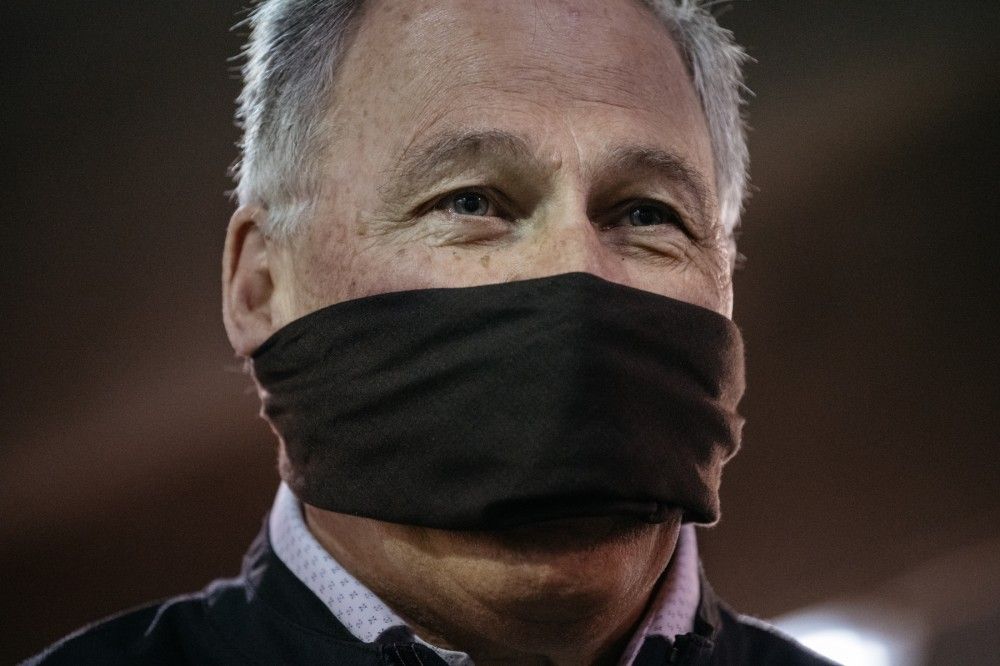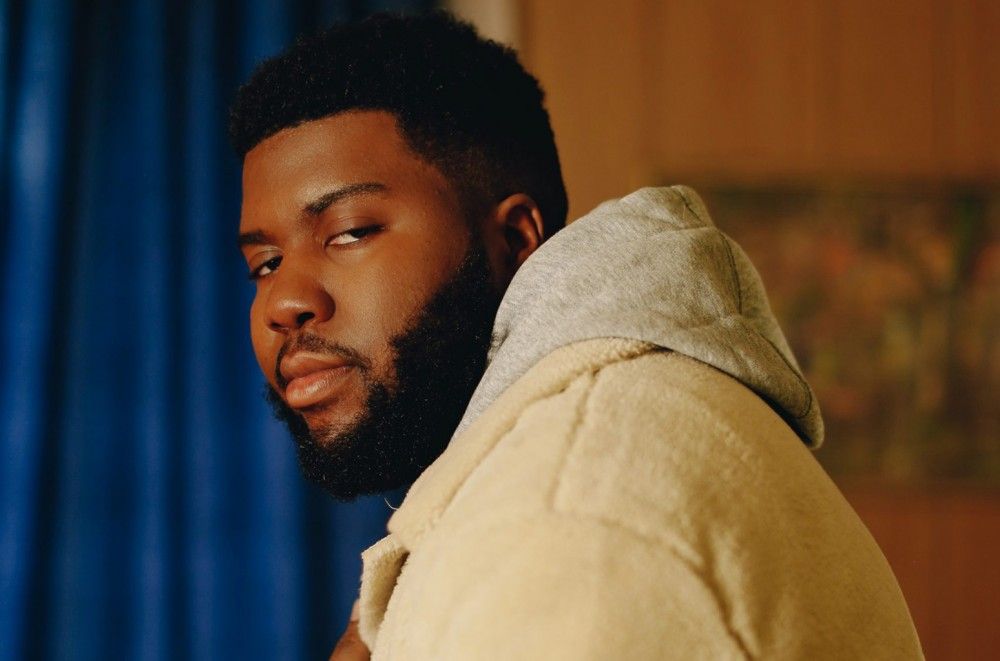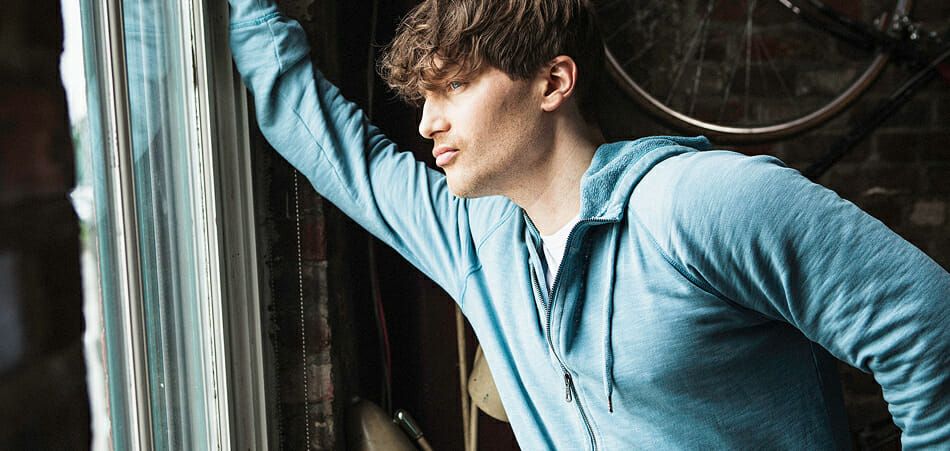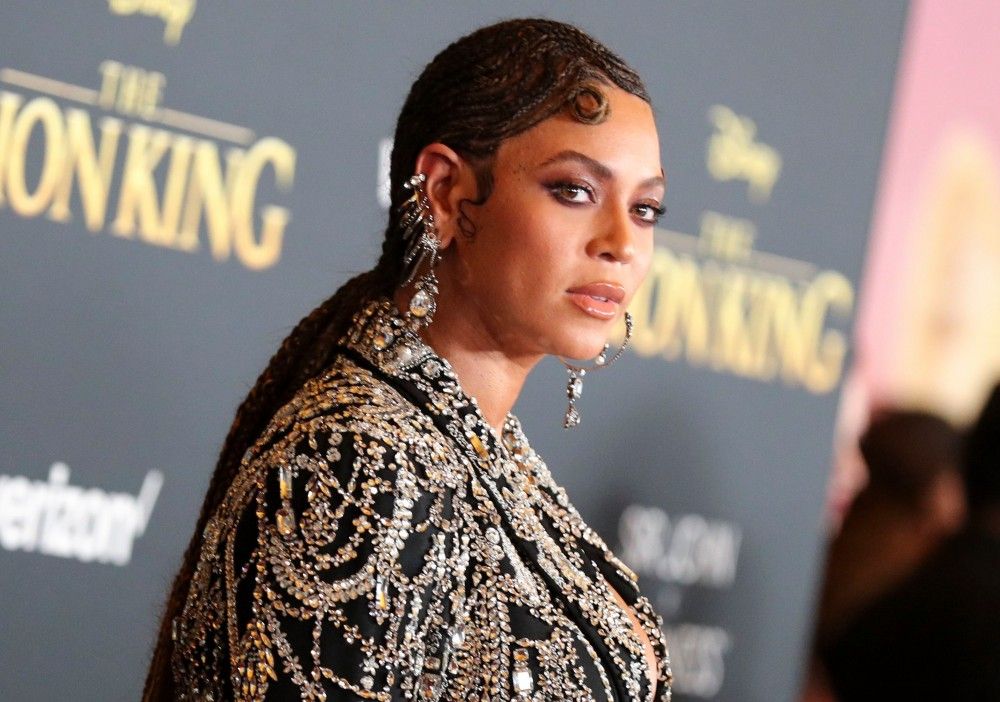
Jay Inslee Says Trump Should Be 'Removed From Office' for His Disastrous COVID-19 Response
is no stranger to wrestling with big existential issues. The 69-year-old governor of Washington state has spent much of his career studying and speaking out about our rapidly warming planet. He supported a Green New Deal long before the idea came into fashion. He shaped his recent, short-lived presidential bid around the climate crisis, proposing far-reaching solutions like a “just transition” away from fossil fuels to a clean-energy economy.
In late January, Inslee was confronted with a global disaster of a different sort. His state recorded the country’s first infection and one of the earliest virus-related deaths. “We were aware with the Wuhan situation that this infection was likely to be a worldwide phenomenon, and we’re part of the world,” he says. “We were thinking about those things before we had a confirmed case, but it’s like anything else: When it actually arrived, that’s a different kettle of fish. It’s been a day-to-day effort, and every day has been part of the war.”
As the infection rate and death toll climbed, Inslee responded with public pleas to socially distance and avoid human contact. It wasn’t until March 23rd that he issued an executive order that required citizens to shelter at home. Some critics have said he should have acted sooner, but Inslee says it was naive to expect his 7 million citizens to accept a state of lockdown without exhausting other options first. “It’s just a shock to the system,” he says. “You can’t expect a large group of people to accept the necessity of things they’ve never experienced before.”
Since then, Inslee and his administration — working mostly remotely by phone and video-conferencing — have partnered with cities, counties, other governors, and private-sector allies to steadily drive down the state’s coronavirus cases and fatalities. Several months into the pandemic, Washington residents largely approve of the job he’s done: His approval rating has soared in recent surveys, clocking in somewhere in the high-60s to mid-70s.
The missing partner in all of this, Inslee says, is the federal government.
In a feisty interview with Rolling Stone, Inslee singled out President Trump’s “abject lack of leadership” and denial of the science of COVID-19. “It’s akin to Franklin Delano Roosevelt on December 8th, 1941, and for months thereafter, saying that Pearl Harbor was a hoax, and that the battleships weren’t important, and that the Japanese were going to surrender miraculously the next Monday,” he says. “That’s kind of the scenario we have had from the current president. If you can imagine Roosevelt doing that, we’ve had an equivalent of that in response to this existential crisis, and it has continued off and on even today, where we have a president who says that testing is overrated when it is absolutely fundamental to our ability to reopen our economy.”
Having seen you on the campaign trail, you’re an outgoing guy, and social distancing is not necessarily how I would peg your personality. How has your day-to-day routine changed as governor in this crisis?
My communications are 90 percent electronic at the moment. But we are finding that we can function very effectively. The efficiency of the operation I don’t think has been really adversely affected in our governor’s shop.
But, personally, I wish I could see my brother and brother-in-law and go mess around and chase my grandkids around the yard this weekend. That’s very painful, being separated from your friends and your family. That’s the hard part.
How prepared do you feel your state was for a public-health crisis of this magnitude? Was it ever something you’d thought about, that you’d planned for?
We’ve had a variety of emergency scenarios, but there is no preparing 7 million people for something they’ve never experienced before. It’s just a shock to the system. And for those that say we should have started social distancing the day the first case was identified in Wuhan, you know, intellectually that might have made sense, but to think 7 million people would accept that — they would not have accepted that, for obvious reasons. You can’t expect a large group of people to accept the necessity of things they’ve never experienced before.
So I would say that, relative to other states, we were probably in as good or better a situation. We also assumed that we would have a functioning leadership at the federal level that would help be a stable, effective partner, and that has not been the case because of the abject lack of leadership from the president. So that was another sort of unanticipated result that has caused enormous problems in our response. We didn’t plan on that.
How, specifically, does that inadequate response at the federal level bear on your ability to keep your state safe and to get your economy going again?
I would say that every week as governor, I think every governor, Republican and Democrat, has run into that crevasse of a lack of leadership, from an early refusal by Trump] to use the Defense Production Act to an effort to contradict the public-health advice from the president’s own experts, almost on a daily basis, to an effort to try to promote unsafe products. The list goes on and on. It’s been like trying to run a marathon dragging a dead weight every day.
I never thought I would live to see the day when an American president would urge American citizens to violate the law. And he did that consciously, willfully, with his sort of dog whistle, asking people to ignore the laws of Michigan and other states, which puts people’s health in jeopardy. That is unimaginable to me. I’ve had some problems with other presidents, but I never thought I’d see the president stoop to that low level.
You’re talking about these protests at state capitols.
Yeah. He urged people to “liberate” themselves from laws that were protecting the public health, and asked people effectively to violate those orders of governors that were the law of these respective states. To encourage criminal misconduct is unconscionable, irresponsible, and is a good cause to be removed from office as soon as possible.
How do you put out good information when you’ve got a president, who has the bully pulpit, tweeting, doing the kinds of things you’ve described? How do you think about trying to cut through that and get information to the citizens of your state at a time when this is effectively life-or-death information for them?
Well, fortunately, we have very vigorous professional news sources that by and large have done a really good job trying to share information with the public, and we try to use them and work with them to every extent possible. I’ve learned things from the media on a daily basis.
What is unfortunate is] that the media] also give daily credence to absolute lies that are almost on schedule from the White House, and that is frustrating. It’s frustrating when the entire medical community says that this is a problem that needs to be dealt with, that it is a serious problem and it’s not going to go away, to have somebody use the bully pulpit to say, “It’ll go away Monday,” and that you can use unproven products, and that testing is overrated.
So it’s frustrating, but we do the best we can, and I think we’ve been considerably successful. The objective review of my public is that the enormous majorities believe that we have been very responsible. I mean, there’s majorities approaching 80 percent in my state on these issues, and nationally. You can’t get 80 percent of people to agree the sun rises in the East. So the president has been a really ineffective liar for several months now, and the public just isn’t buying it.
Climate change is a signature issue of yours. Some people think that we will come out of this believing a Green New Deal is more necessary than ever. Others, on the other hand, say no one has the bandwidth to deal with two existential crises at the same time. How does the pandemic change your thinking about the climate crisis?
I believe that there is a unity of purpose responding to the COVID economic collapse and the need to deal with building a clean-energy economy. There’s a total symmetry. It’s riding the same horse, which is we’ve got to rebuild our economy.
We had a health and survival reason for a clean-energy economy last year; this year we have a need not only for a health-related solution, but an economic solution. It should double the motivation to develop a clean-energy infrastructure package, and it is also aligned with the need for a transportation infrastructure package and a utility redevelopment package. So I think any logical conclusion would be that this is something the country needs.
The idea is that with so many people out of work, and the economy ground to a crawl, the argument is stronger for this kind of jump-starting of the economy and doing it with clean energy, on a sustainable path.
I would say it was strong enough before because it meant the continued existence of our civilization, but it’s more obvious now to people because now people are feeling this economic pinch. But it hasn’t dramatically changed the type of policies that we think my state needs. We will be advancing them as soon as we can.
What are some of the issues that have been laid bare because of this crisis that are at the top of your list to tackle maybe when the immediacy of the crisis has passed?
It has brought more public attention to the people who put food on our table, the people in the agricultural industry, many of whom are Hispanic. And when we see the suffering that this community has had, it’s very disproportionate. About 13 percent of our community in Washington] are Latinx and represent 28 percent of the infections. And to see the infection run through these communities, who are some of the hardest-working people in the country, has pointed people’s attention to a community that very frequently is forgotten, how important they are in our lives, which is they feed us. It’s sad that it’s taken that, but I hope we will give that more attention, their issues of safety and wages. If what came out of this eventually is comprehensive immigration reform and protection of Dreamers, that would be a good thing.
I was talking the other day with an economist at MIT. He said something that stuck with me. He thinks that we will come to divide time into a pre-coronavirus period and a post-coronavirus period. That there are things we took for granted or things we didn’t think enough about or invest enough in before that we will now. What do you think of that concept of a post-virus world?
I think it remains to be seen, but I do believe that there’s things in our personal lives that might make us a little more grounded in what we find valuable. I was talking to a woman today, she’s on my social resources group, and she used the phrase — I’m trying to remember what, it was “the depth of home,” or I’m not sure exactly. She basically was saying that we’ve had a rediscovery of the value of home and family and we’ve reconnected with the things that are of the deepest value.
We know at times it can be anxiety-producing when the two-year-old’s tugging on your leg and you’re trying to do a Zoom meeting, but her view was there is a possibility that people will become more connected to the deepest values they have rather than just the latest piece of plastic they can buy. And if that’s true, that will, ultimately, I think, remind people of what climate change is about, which is the health of their children, of their family and their home planet.
Have you felt it personally as well?
Well, I have enjoyed more time with my bride of 48 years, Trudy. I’m doing business at home now, and I get to be with her more, and that’s, frankly, a joy.
I have found connections that have been re-established. I’ve reconnected with some old friends that I hadn’t talked to for decades, and we’ve now struck up text-message exchanges that I’ve enjoyed. I feel a little more understanding of the value of people close to me when I get to talk to my 100-year-old basketball coach and my 103-year-old mother-in-law now. It has a little more resonance, when we otherwise would be so harried. In my own life, yeah, I have felt a little bit more connected, in a strange way, to people, but I still miss wrestling with my grandkids. I miss shooting hoops with my buddies. There’s a lot of things I miss too.
This interview will appear in the July issue of Rolling Stone along with interviews with several other governors about their experiences leading amid the coronavirus pandemic.



